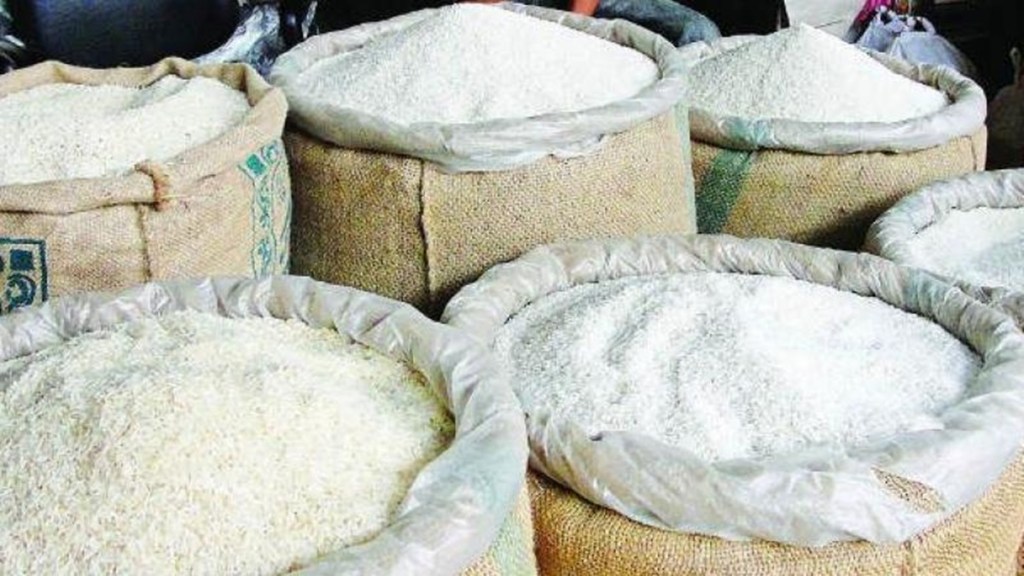The Cabinet on Wednesday approved continuation of universal supply of fortified rice under Pradhan Mantri Garib Kalyan Anna Yojana (PMGKAY), Integrated Child Development Service (ICDS), and PM POSHAN till end of December 2028. The extension would cost the exchequer Rs 17,082 crore.
The extra outlay would be part of the Union government’s food subsidy, which is budgeted at Rs 2.05 lakh crore in FY24.
The initiative, aimed at addressing anaemia and micro-nutrient deficiencies among the beneficiaries, will continue as a centrally funded scheme under the food subsidy component of free ration scheme.
In April, 2022, the cabinet committee on economic affairs had approved providing fortified rice to all the beneficiaries under PDS by end of FY24. The target of universal coverage to supply fortified rice in all the social sector schemes of the government was reached by March 2024.
The government currently supplies around 38 million tonne (MT) of iron fortified rice to the 800 million beneficiaries under the free ration scheme or PMGKAY. There are 21,000 rice mills which have installed blenders.
Fortification of rice helps increase vitamin and mineral content in diets and helps achieve nutritional security.
Rice fortification is carried out by adding fortified rice kernels (FRKs), containing micro-nutrients such as iron, folic acid, and Vitamin B12, into regular rice. This is done by mixing 1 kg of FRK with 100 kg custom milled rice, and the final product is identical like traditional rice in taste, aroma and texture.
Prime Minister Narendra Modi, in his address on the 75th Independence Day speech, in 2021, made an announcement on fortification of rice so as to provide nutrition to every poor person of the country to overcome malnutrition and lack of essential nutrients in women, children, lactating mothers etc. as it poses major obstacles in their development.
According to a food ministry official, as per an analysis of benefits of rice fortification by the Food Safety and Standards Authority of India, there was an estimated savings of about Rs 49,800 crore of the expenses incurred in the health care cost annually.
According to the National Family Health Survey (NFHS-5) conducted during 2019-2021, anaemia remains a widespread issue in India, affecting children, women, and men across various age groups and income levels. Besides iron deficiency, other vitamin and mineral deficiencies, such as Vitamin B12 and folic acid, also persist, impacting the overall health and productivity of the population.
